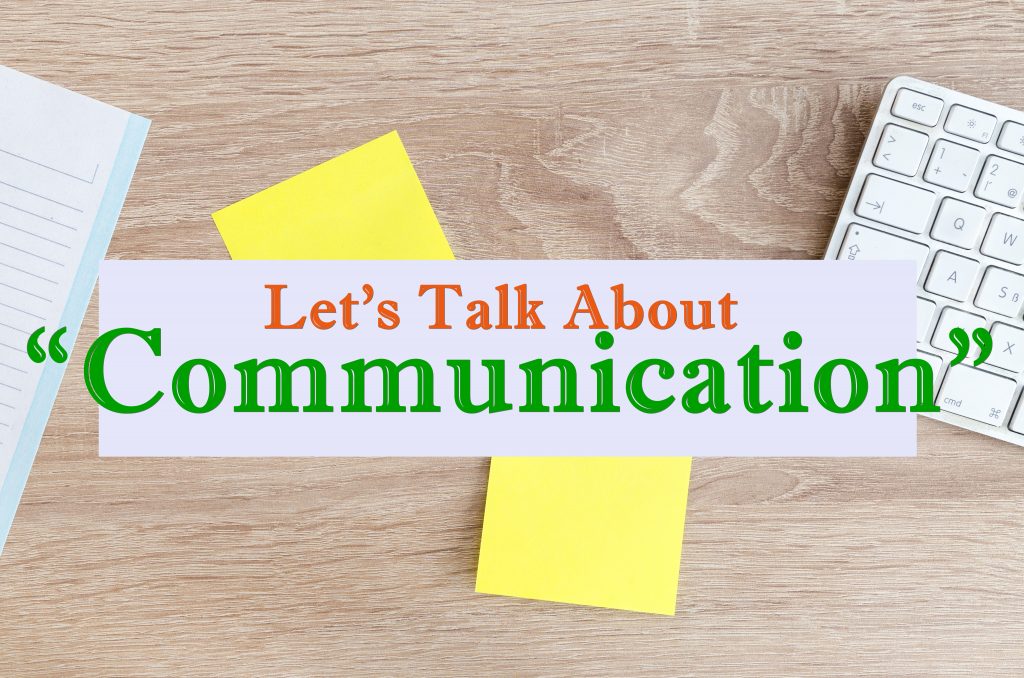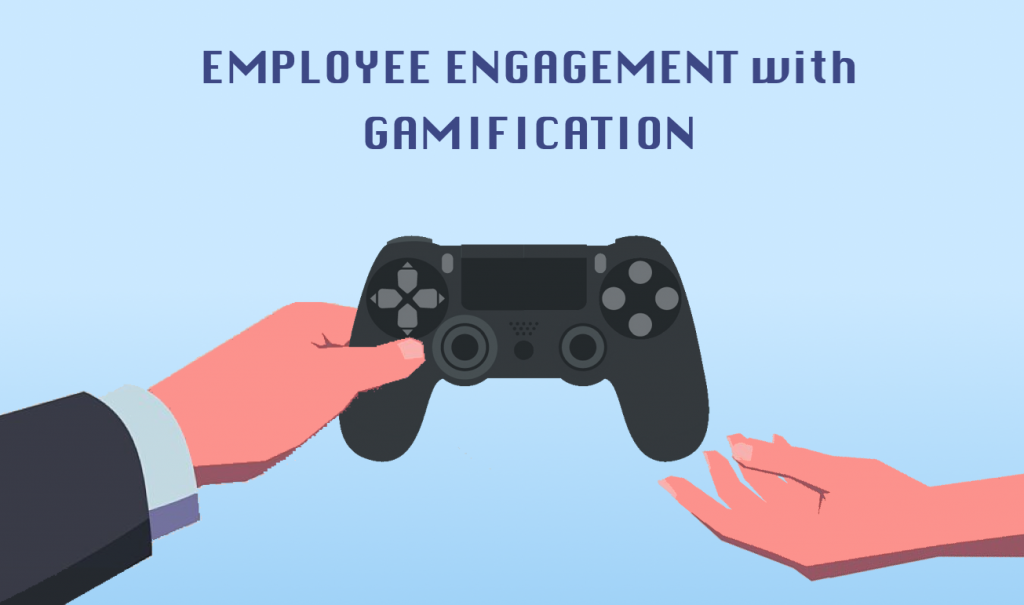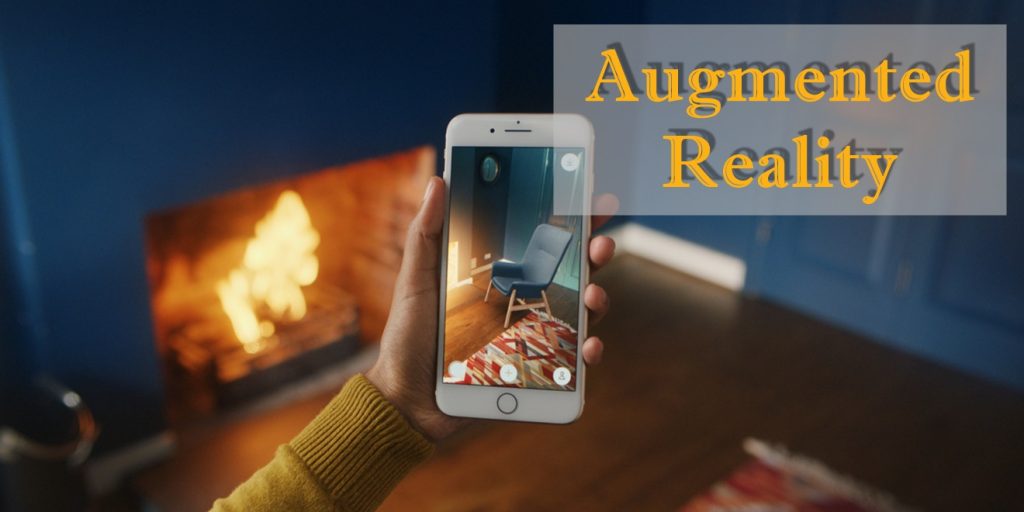What is Virtual Reality?
The definition of Virtual Reality can be explained when we separate both terms individually. ‘Virtual’ refers to near and almost to reality but not completely. So virtual reality really just means ‘near-reality’. Virtual reality uses human’s five senses of taste, touch, smell, sight and hearing to create a computer-generated virtual world. Users of VR can experienced a version of reality that really isn’t there, but perceived as real.
Other than games and entertainment, there are many applications of virtual reality. One of a useful application of VR is in the field of property.
How can VR benefit the Property Industry?
The uses of VR is vast and extremely useful when you need your users to visualize to get a clearer understanding of something. In the property industry, it is always a challenge to help customers to visualise or conveniently view a property. VR can help solve this challenge by helping them to visualise anything by immersing them into another reality.
Viewing Showroom Properties
House buyers will always have the excitement to view different houses to consider for their next purchase. This may mean house viewings with an agent to attending open-houses. As exciting as it may sound but this can be daunting when you need to view numerous houses. This can also take up a huge part of your time and energy to travel around.
Virtual reality can help solve that problem of time and energy wasted. Customers can just put on the VR headset and virtually visit the properties from the comfort of their home or office. To compare the efficiencies in a day, you might view around 8 homes the most depending on the location. However, with a VR headset, you could view 20 homes in just a day if you use a VR. This doesn’t also only save your time but also your effort.
Although some may argue that VR virtual house viewing is not as real as the real thing, it can still give customers an idea of how does the house will look like in person. If they wish to view the house physically, they can always do so. But the benefit of it helps the customers to filter out houses that doesn’t interest them in a quick and effortless manner.
Visualising Properties
Besides viewing potential house purchases through virtual reality, it can also help customers to visualize how their home or potential home will look like with their the designs and furnitures they want in place. Many customers that want to decorate and design their own interior homes always have a hard time visualising it. Although softwares in today’s market can help visualize, they still do not completely give the customers a chance of experiencing it before deciding.
Virtual reality can solve that problem by giving customers a chance to experience different designs to help decide which suits them better. Interior decorator or contractors can better persuade the customers to buy their service since they have already experience the visualisation through VR. This can also benefit anyone looking to buy a house that hasn’t been built yet. Thus, Virtual Reality can be useful to enhance the customers’ experience in buying or renovating their home.
Conclusion
Apart from these benefits of applying VR technology into viewing properties, there are many other more benefits that we did not cover in this article. Although we hope that it gave you a fresh perspective on how virtual reality can improve and enhance the property industry. If you are ready to develop a virtual reality software, talk to us at Gameka and we will be happy to help.





About The Author: Bernard Yap
More posts by Bernard Yap